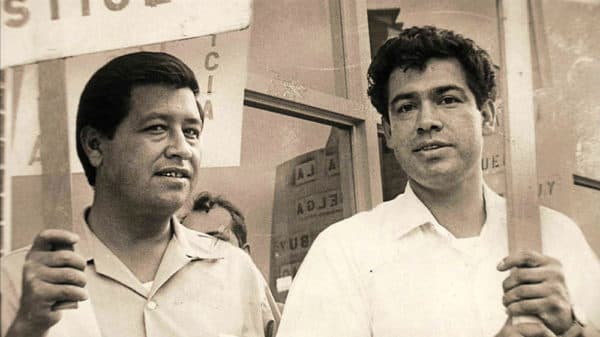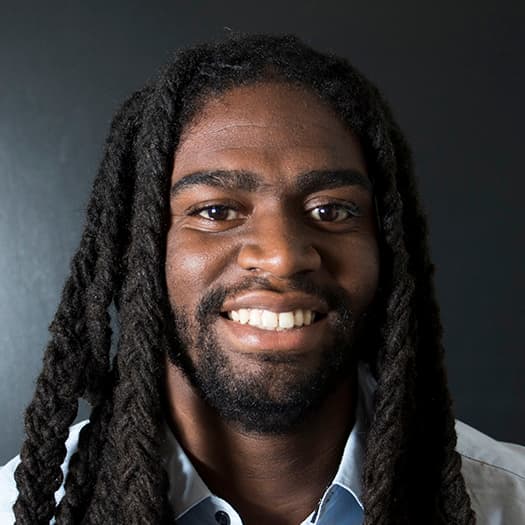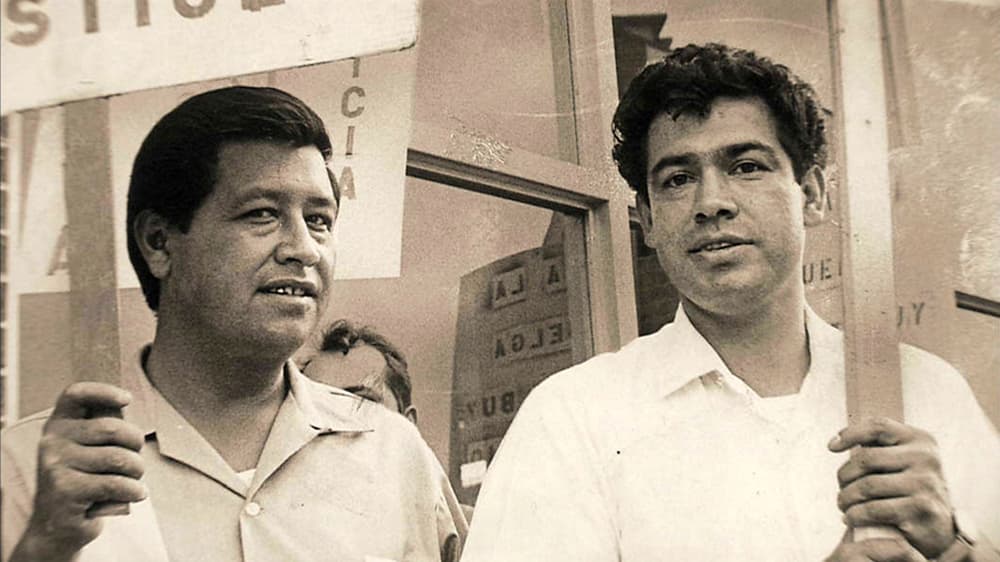
Quick reminder -- all non-essential city offices will be closed on Monday as Denver observes César Chávez day.
Besides giving you the opportunity for free meter parking, César Chávez Day provides Denver residents with a designated moment to reflect on Chávez’s life and legacy. Not only is Chávez a critical historical figure for his strategic organization of labor and immeasurable impact on workers rights in America, he is a cultural icon and a cornerstone of the Chicano movement in the state of Colorado.
Due to Colorado’s vast agricultural industry and its budding reputation as a Chicano hub, the state became a primary battleground for Chávez in his fight for tolerable working conditions. The prominent, youth-led, Denver Chicano movement in the late '60s and early '70s proved to be fertile ground for Chávez’s message of nonviolent protest.
Working with leaders like Corky Gonzales, Chávez united the struggles of urban and rural Chicanos and promoted social justice agendas that would eventually force the hands of politicians and big business. His organizational framework is one that is still emulated today.
“He was articulate, soft-spoken but had that kind of determination that we got from MLK, that they were not going to take it anymore,” Daniel Salazar, filmmaker and curator of the Xican Indie series at Su Teatro, told Denverite.
Chávez’s legacy is something Ramon Del Castillo, professor and chair of Chicano Studies at Metropolitan State University of Denver, hopes to keep alive by way of raising leaders that carry on his vision.
“How do you institutionalize social justice for the powerless that don’t have the opportunity to pursue those kinds of things?” Castillo said, adding, “We're trying to teach the next academy of leaders how to organize.”













